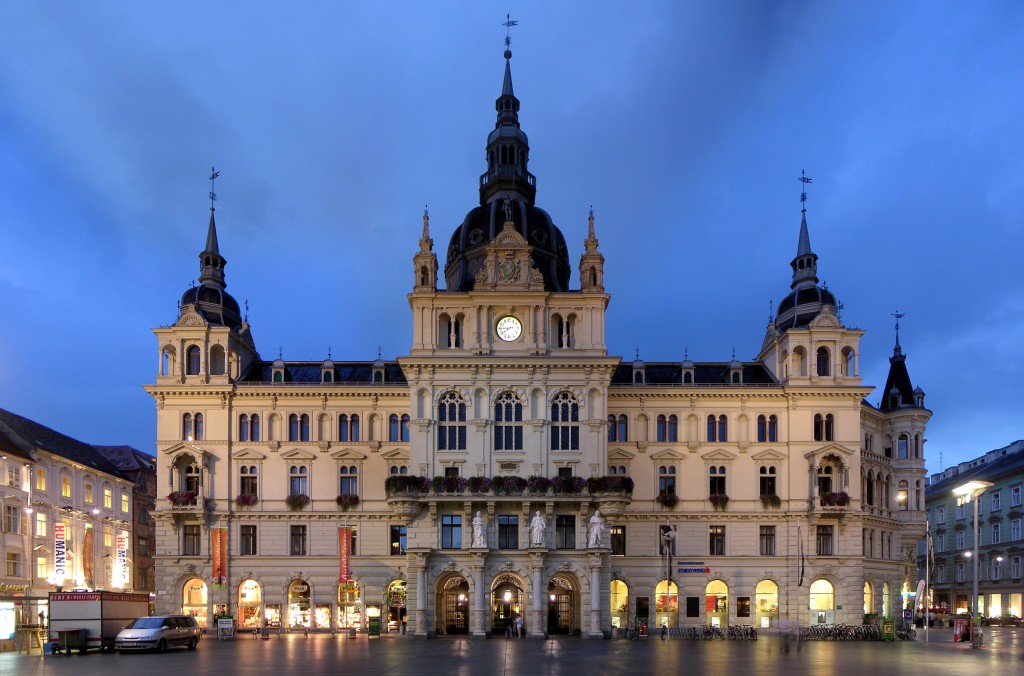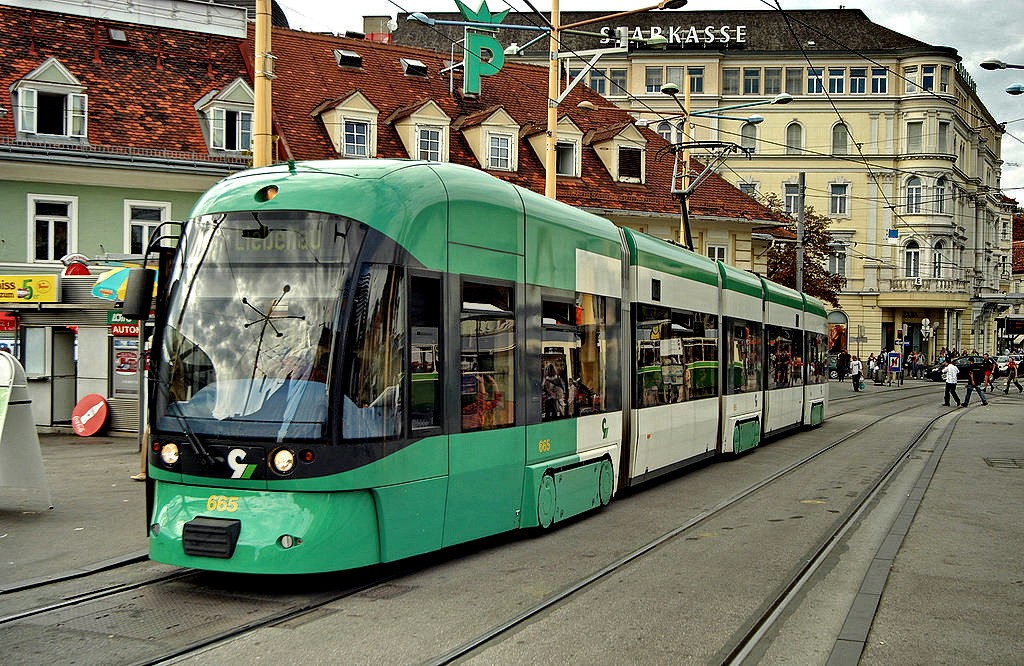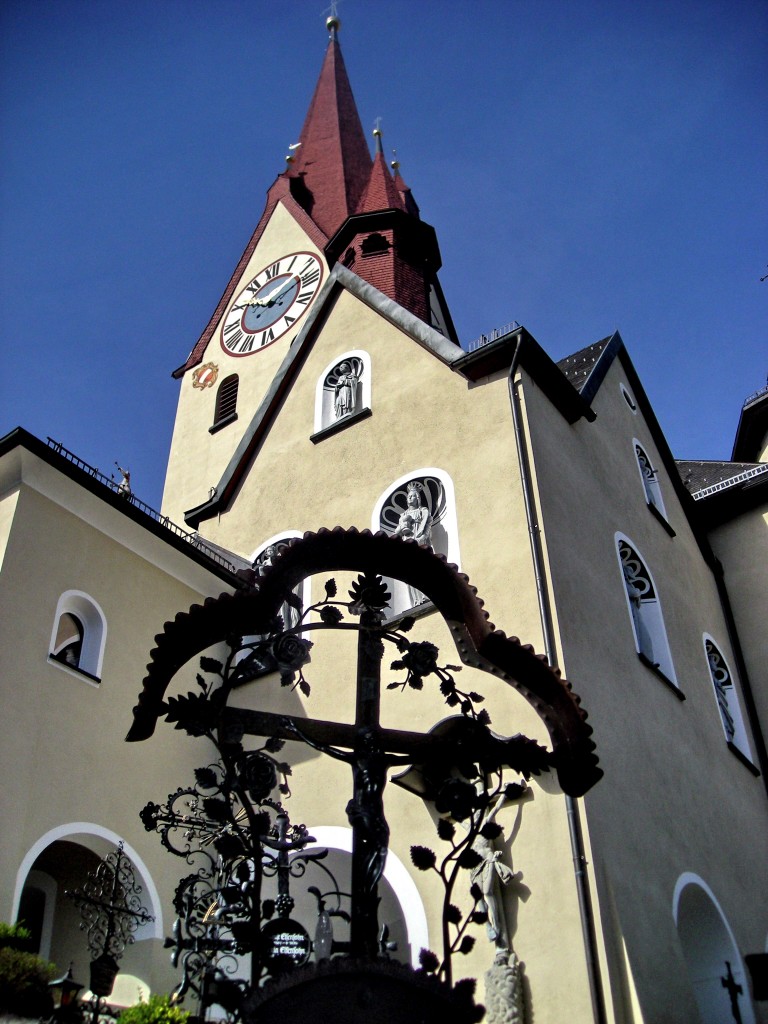It was not long ago that Vienna was the centre of a vast empire that covered pretty much the whole of Middle Europe, or Mitteleuropa in German. The traces of the fallen Habsburg Empire are everywhere, in the culture, mentality, cuisine and economics. What does it mean to be Mitteleuropa now; and how do the people of its former capital feel about it? To what extent does this connection live on today?
The people of Central Europe believe that they are somehow “unique” and frequently have “superior” points of view in their mindsets. How many times have you heard people from Vojvodina brag about their superiority over the rest of Serbia when it comes to diligence, law, order or culture? This situation is repeated in Transylvania, Western Ukraine and elsewhere, while the inhabitants of Central European countries have a distinct feeling of their own superiority and infallibility.
They are somehow “better and wiser than Western Europeans, who are too liberal”, they are somehow “warmer than Northern Europeans, who are too cold and don’t know how to live their lives and have fun”, they are mysteriously superior to Europe’s Southerners, who are too messy and disorganised, and, of course, they are far better than the Easterners, who are “living in a half-Asiatic mess”. All in all, it is a paradise on Earth, if we ask the inhabitants of Mitteleuropa. And this “paradise” roughly corresponds with the sphere of influence, or even the borders, of the former Habsburg Empire. But is it so?
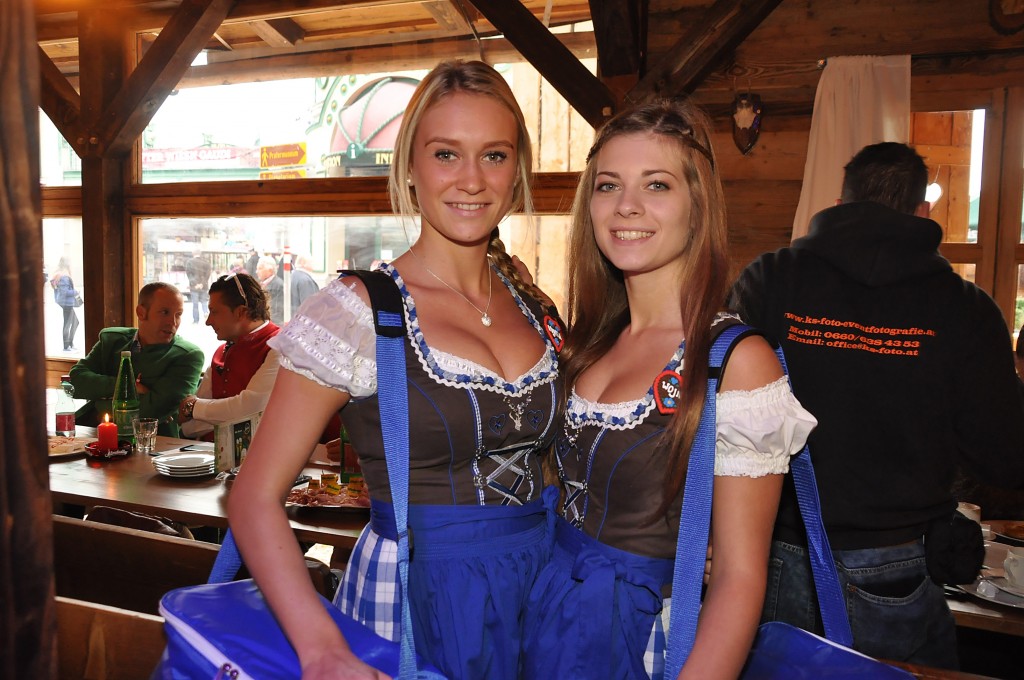
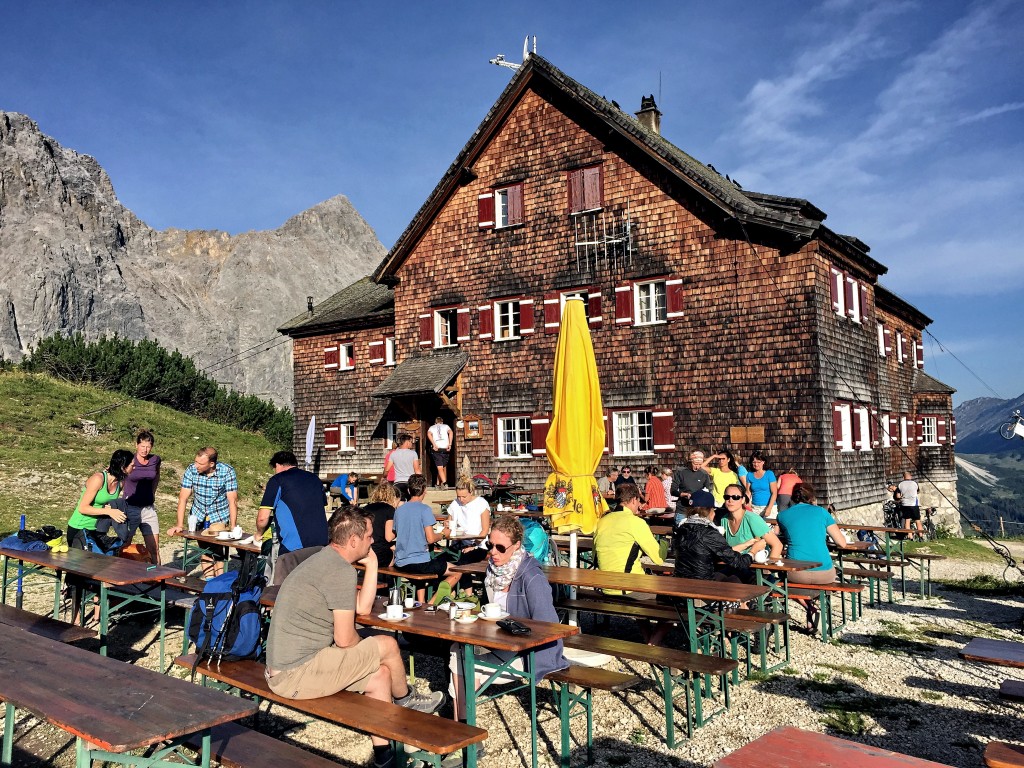
Read the full article in our printed edition (subscibe now!) or subscribe to the digital version on Magzter (both options by clicking the banners on the right)
